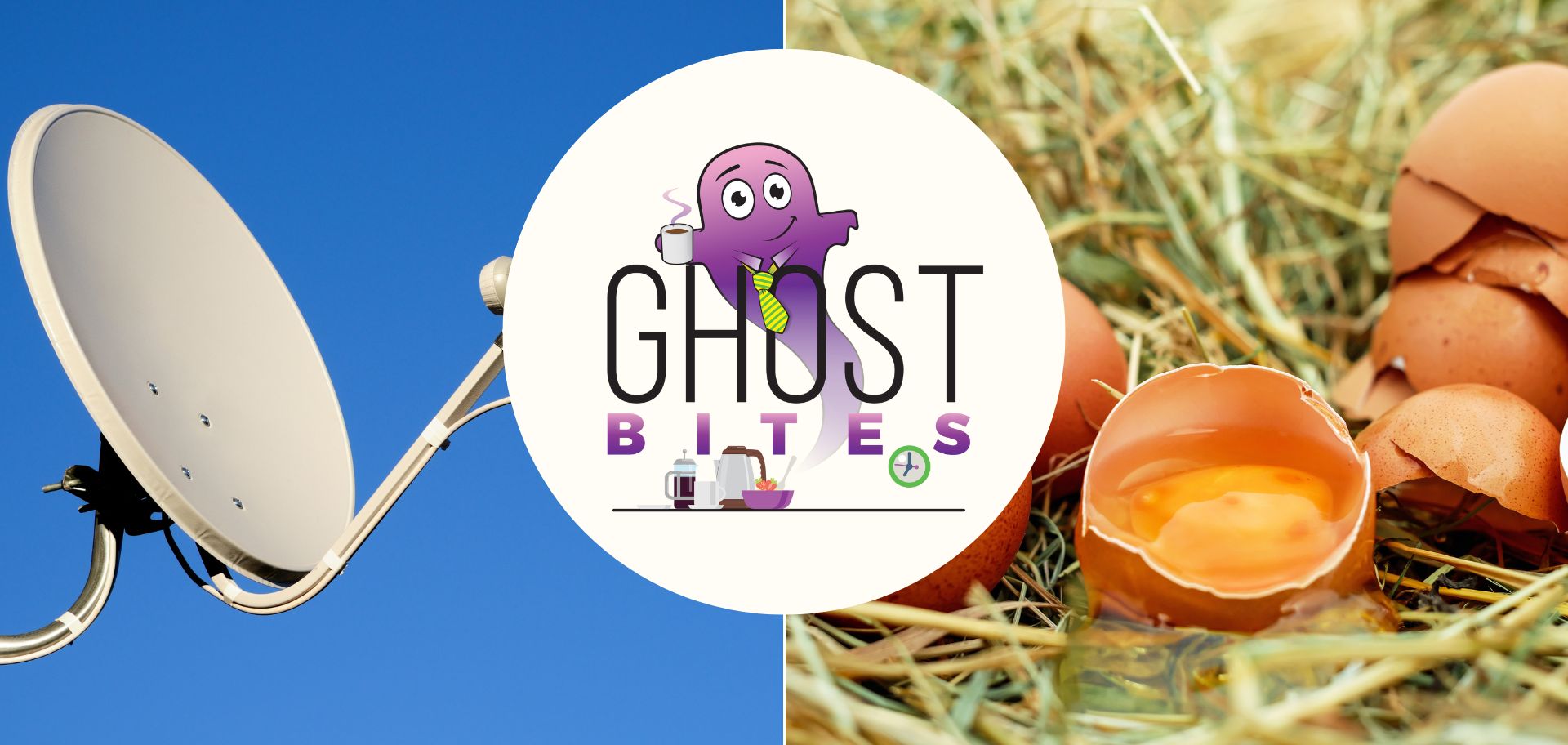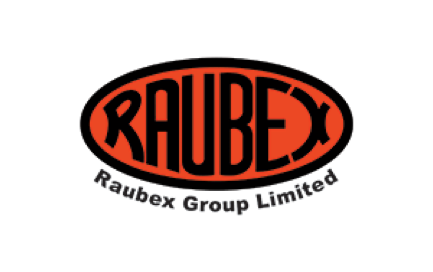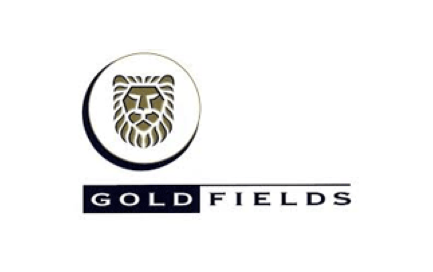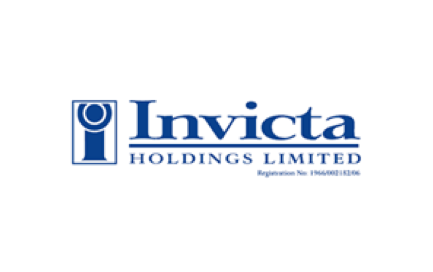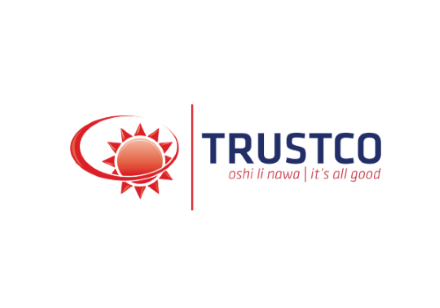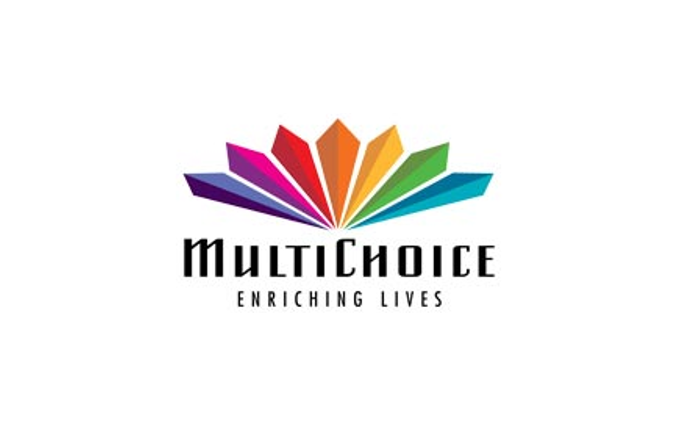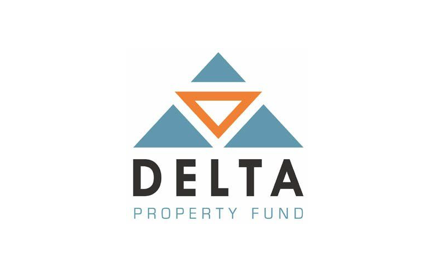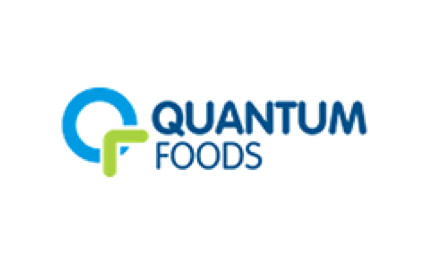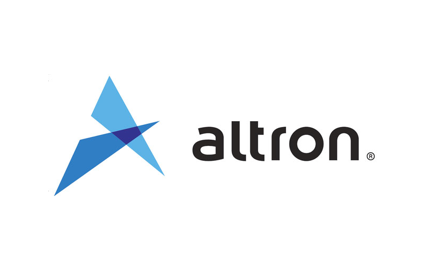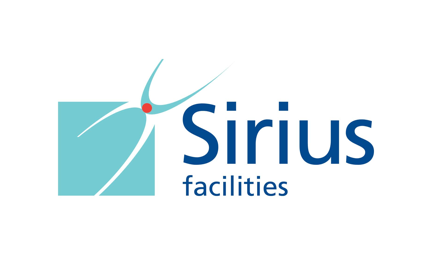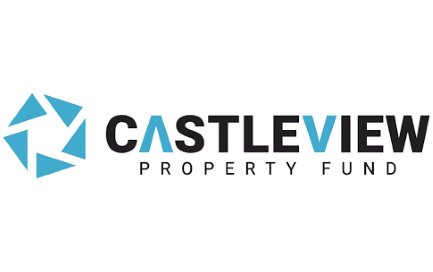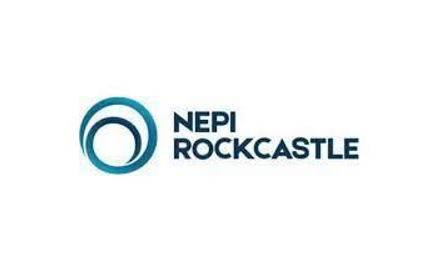If you enjoy Ghost Bites, then make sure you’re on the mailing list for a daily dose of market insights in Ghost Mail. It’s free! SIGN UP >>>
Gold Fields keeps a cool head
The board is listening to what the market has been been saying
If you look at the Gold Fields share price action this year, you’ll quickly see that the market didn’t love the proposed merger with Yamana Gold. The resultant drop in the Gold Fields share price had the effect of lessening the appeal of the Gold Fields offer to Yamana shareholders, as there is no cash underpin to the Gold Fields offer. This is an all-share offer based on a fixed exchange ratio.
This opened the door for a competing offer to arrive on the scene, a development which was covered earlier this week in Ghost Bites.
Gold Fields has the right to improve its offer to convince the Yamana board that Gold Fields should be called the superior offer. The local gold mining house has elected not to do so, demonstrating deal discipline that is always great to see in management teams.
Gold Fields believes that its offer is both strategically and financially superior to the competing offer. This is based on the long-term strategic fit of the assets, which shareholders of both companies would be exposed to in an all-share merger.
There’s an interesting twist in this tale that I didn’t pick up in the Yamana announcement earlier this week. Despite defining the competing offer as a superior offer, the Yamana board has not changed its recommendation to shareholders. I’m not sure if this is to avoid triggering the hefty break fee in this deal. Either way, the board is technically still recommending that shareholders vote in favour of the Gold Fields offer.
It all comes down to the shareholder vote scheduled on 22 November.
Invicta reports a solid jump in earnings
The market responded with a 9% rally
Invicta released a trading statement for the six months ended September. There were some major once-off earnings in the comparable period, so earnings per share (EPS) is expected to be much lower.
This is exactly why headline earnings per share (HEPS) exists as a measure. HEPS is designed to exclude once-offs in the numbers that distort year-on-year comparisons.
Investors should ignore the EPS number and instead concentrate on HEPS, which in this case is expected to increase by between 38% and 48% vs. the prior comparable period.
MultiChoice is ticking over
The company is priced for dividends, not growth – is the market getting it right?
The MultiChoice trading statement needs a careful read. There’s an important difference between core headline earnings per share (HEPS) and reported HEPS, primarily relating to commentary around foreign exchange losses that I found a bit confusing.
Let’s start with the simpler stuff.
For the six months to September 2022, MultiChoice achieved subscriber growth (a big deal for DSTV given the level of competition in the market) and reduced trading losses in Rest of Africa. A cost optimisation programme further contributed to profitability.
As a partial offset, the group spent R0.7bn in decoder subsidies ahead of the FIFA World Cup. If customers can’t afford decoders, they can’t become subscribers. This is another example of how difficult things have become for MultiChoice. You won’t read about Netflix subsidising people’s fibre bills. MultiChoice is competing in a market that has changed substantially and it’s only going to get tougher from here.
We now get to the measures of profitability. There are two of them that MultiChoice wants you to focus on. The first is organic trading profit (up between 2% and 7%) and the second is core HEPS (up between 1% and 5%). Core HEPS includes the impact of realised foreign exchange losses. It does not consider unrealised and/or non-recurring foreign exchange losses.
Once those forex movements come into play, the profitability changes dramatically. In fact, MultiChoice will slip into a headline loss for this interim period of between -50 and -64 cents per share.
The reasons? Unrealised losses on translating USD-denominated debt into ZAR and the impact of repatriating cash from Nigeria at the “parallel rate” – an unofficial market rate because getting dollars is hard in Nigeria. MultiChoice notes that these are temporary losses.
I understand the temporary difference in the context of the translation of debt, as the dollar is incredibly strong and is unlikely to stay there long term. One can never be sure, of course.
I don’t understand it in the context of repatriated cash. Once cash has been repatriated and exchanged into another currency, that rate is locked in and those losses are permanent. It’s possible that MultiChoice is recognising some kind of forex provision based on the expected rate for future repatriations. Even if that is the case, there’s no guarantee at all that the parallel rate will get closer to the official rate. It could just as easily move further away.
The temporary nature of these issues is debatable.
The share price is trading at similar levels to three years ago and has been trending sideways. In the meantime, investors have been collecting dividends.
Quantum Foods warns of a sharp drop in profits
Times are tough in the poultry business
Quantum Foods is a R1bn market cap company providing diversified animal feeds and poultry products to the South African and selected African markets. The company is best known for being the largest producer of eggs in South Africa.
Profitability has cracked for the year ended September 2022, with headline earnings per share (HEPS) falling by between 68% and 78% vs. the 52.2 cents reported in the comparable period.
We heard from Astral a couple of weeks ago that the short-term outlook for the poultry sector is bleak. The pressure has already hit Quantum’s business which is focused on a different part of the poultry value chain.
Raubex Group grows its earnings and dividend
Yes, construction groups CAN make money
For the six months ended August, Raubex put in a performance that looks excellent. Revenue was up by 23.2% and operating profit increased by 26.4%, so there was operating margin expansion to go along with the strong top-line result.
The story gets even better on the balance sheet, where cash generated from operations jumped by 145.7% to R589.3 million thanks to increased profits at Bauba and the Beitbridge Border Post project in Zimbabwe. Due to acquisitions of subsidiaries and general mine capex, there was a net outflow for the period.
This helped support an increase in the interim dividend of 12.8% to 53 cents per share.
Looking deeper, margins came under pressure in Materials Handling and Mining, with a substantial revenue increase not translating into an uplift in operating profits. Construction Materials went in the wrong direction on the margin line as well, dropping from 9.1% to 6.2%. In Roads and Earthworks as well as Infrastructure, margins were higher.
If there’s one metric that investors might want to keep an eye on, it’s the decrease in order book from R17.14 billion to R16.40 billion. Still, the commentary in the outlook section is very positive.
Little Bites:
- Director dealings:
- The CEO of Altron has bought shares in the company worth R715k
- Des de Beer has bought even more shares in Lighthouse Properties, this time worth R3.2m
- With an attractive dividend reinvestment price of R31 per share, I’m not surprised that 84.4% of Hyprop shareholders elected the dividend reinvestment alternative. Shareholders received a pro-rata application as demand exceeded supply of available shares under this alternative. This allowed Hyprop to retain around R500 million in equity.
- Delta Property Fund released results for the six months period ended August 2022. Key metrics have all gone the wrong way, with vacancies up to 33.9% and rental income down 12.7%. The loan-to-value ratio has increased to 58.2% and the debt is more expensive, with an all-in cost of 8.1% vs. 7.4% in the comparable period. Delta transferred one property for R74 million in this period and has signed agreements for a further R232 million across nine properties. Those proceeds will be used to reduce debt. The NAV per share is R4.27 and the funds from operations came in at 9.2 cents. The share price is at R0.31.
- After a long fight going back to 2020, Trustco’s JSE listing has finally been suspended. The company fought the regulator at the Financial Services Tribunal and in court, but to no avail. The company’s application to the High Court has now been dismissed with costs, which means that the JSE’s original decision to suspend the listing can be implemented. It all relates to an approach taken in the 2019 financial statements which the JSE doesn’t believe was in line with IFRS standards. Trustco had taken advice that the treatment met the standards. The judge recognised Trustco’s approach in engaging with experts but still ruled that the JSE’s regulatory framework ultimately governs listings on the exchange, thus the JSE’s view must stand. Trustco will need to restate its financial statements to the JSE’s satisfaction in order for the suspension to be lifted.
- Fitch has reaffirmed Sirius’ BBB investment grade credit rating and stable outlook. This is based on the occupancy and collection rates in the portfolio and the in-house marketing capability that reduces reliance on brokers. A solid credit rating helps keep the cost of debt low but doesn’t give an indication of expected equity returns.
- In further ratings news, Fitch has upgraded NEPI Rockcastle from BBB with a positive outlook to BBB+ with a stable outlook. This is based on operational metrics and the share price. As above, a credit rating upgrade doesn’t tell you anything about equity returns.
- Castleview Property Fund has released results for the six months ended August 2022. This obscure fund only owns two shopping centres. The net asset value per share has increased by 34.26% to 610.13 cents. Despite a decent trading period, the company hasn’t declared a distribution. The company is busy with a reverse takeover, so there is far more to come from this listed structure as many more assets will be injected into it.

